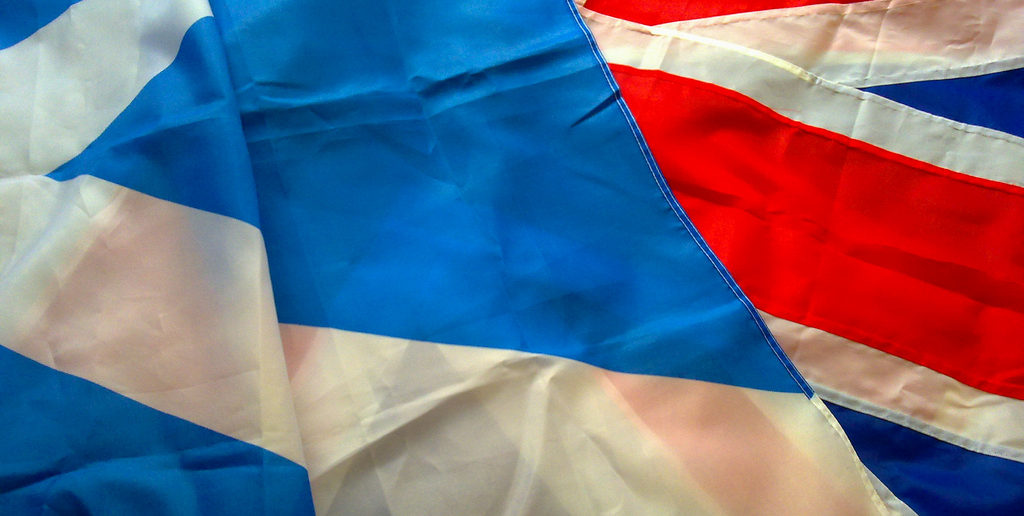Scotland has voted to remain part of the United Kingdom, but despite winning the final result those behind the No campaign demonstrated that Westminster remains out of touch with the electorate and none of the three main parties have a leader that inspires the hope to lead a nation.
Winners
Scotland
By instilling fear into Westminster politicians, Scotland has come out of the referendum best with promises of sweeping new powers to be devolved from Westminster to give Scots more control over their own affairs, while still remaining within the security and stability of the United Kingdom.
Westminster politicians will need to be held to account and to fulfil their promises, but with over 1.5 million Scots telling them in no uncertain terms that they would prefer all the risk and uncertainty of independence that keep the status quo, politics in the union has been changed forever.
Gordon Brown
The former prime minister’s rallying speech in the final days of the campaign may have been the turning point in the referendum when the Better Together campaign finally stopped the advancement of the Yes campaign.
That it was the former Labour leader Gordon Brown that managed to put together a pledge for new powers that the Scots eventually voted for and not Ed Miliband demonstrates the political power and loyalty still held by Gordon Brown. This could be the start of a resurgence of popularity for the Scot, and a possible rise to power within the Scottish Labour Party.
Losers
David Cameron
It was the prime minister’s arrogance and not some respect of democracy that resulted in him agreeing to a Scottish independence referendum where he originally offered the Scots little to hope for, and certainly not the extra powers they ended up choosing.
A yes vote would have been the end of the prime minister’s political career, but even with a no vote the way he treated the Scottish electorate with contempt by not visiting north of the border until desperation hit when there was a real threat of an independence vote means that there is little worth praising about his campaign.
The Tories have been toxic in Scotland since Margaret Thatcher, and David Cameron did nothing to build bridges.
Ed Miliband
The labour leader, like his Tory and Lib Dem counterparts, did not visit Scotland until it looked like there may be a Yes vote, displaying no awareness for the issues facing those north of the border where Labour remain the dominant party.
He showed a severe lack of leadership skills or ability to rally support to the extent that his minders decided that it was best to keep his public appearances away from the news cameras. Labour supporters were the ones that moved from the No camp to the Yes camp over the course of the campaign, and Miliband was unable to stop them by offering any ideas from Westminster that could counter.
Nick Clegg
The Liberal Democrat leaders was barely anywhere to be seen, demonstrating his fade into insignificance after joining a coalition with the Tories that saw him and his party blamed for Conservative-led austerity. The electorate has also not forgotten that he broke his promise to young people about tuition fees, which made him an easy target for Yes Scotland to paint as a Westminster liar that is in bed with the Tories.
Alex Salmond
Scotland’s First Minister brought the Yes campaign closer to victory than most thought possible and managed to convince the populace of Scotland’s largest city, Glasgow, that they really can go it alone. However, the final No vote means that Salmond will not be remembered as Scotland’s founding father, and it may well spend the end of his political career with another referendum unlikely for at least 15 years by which time he will be retired.




